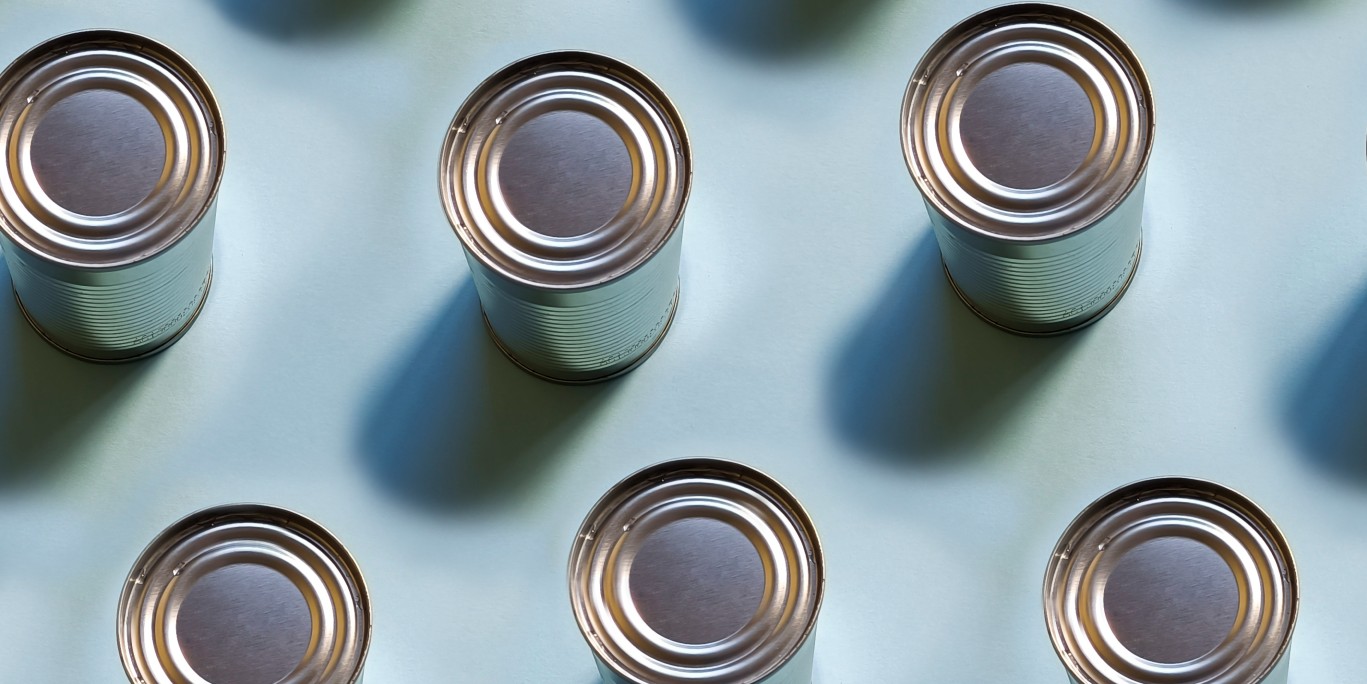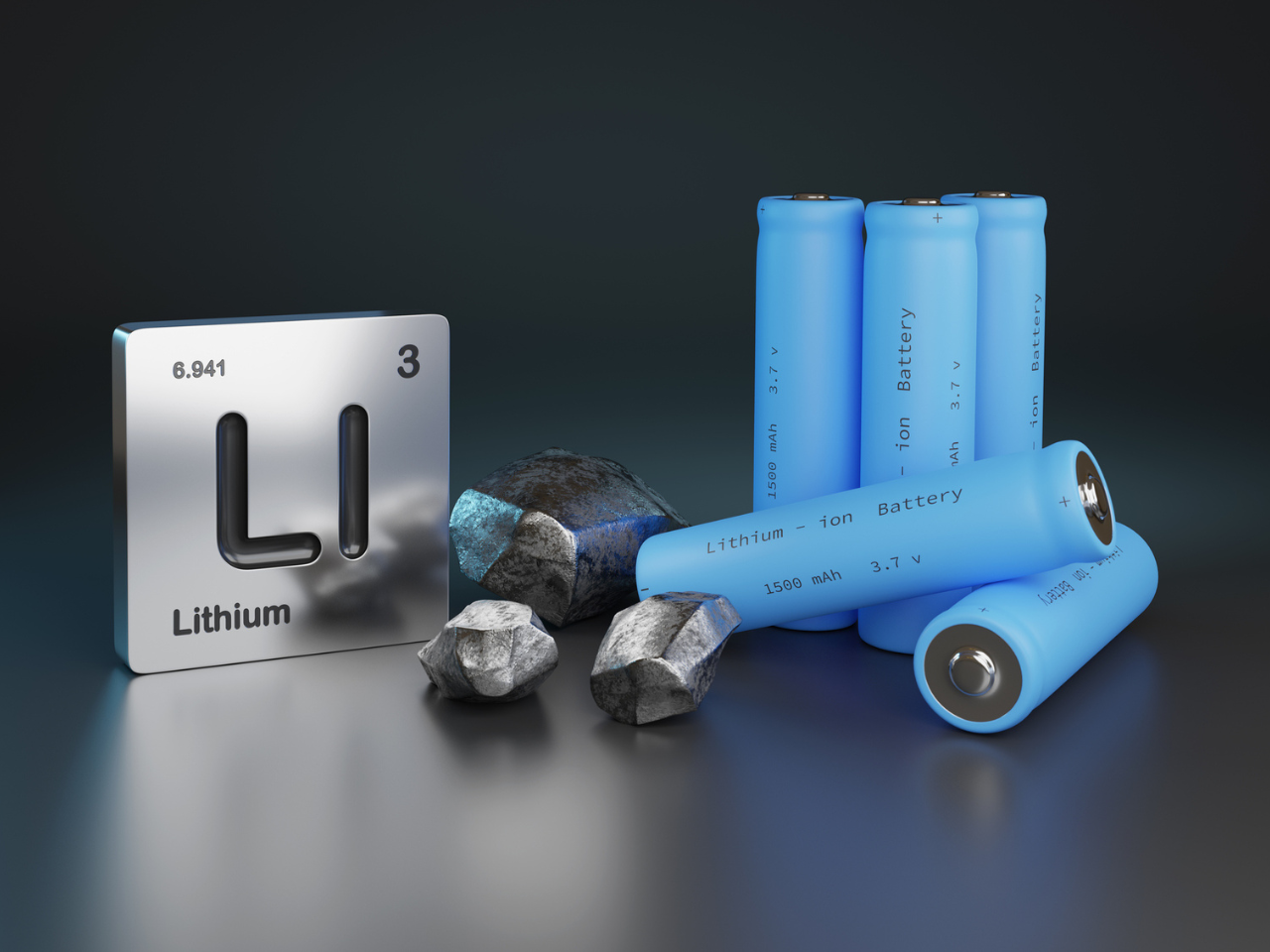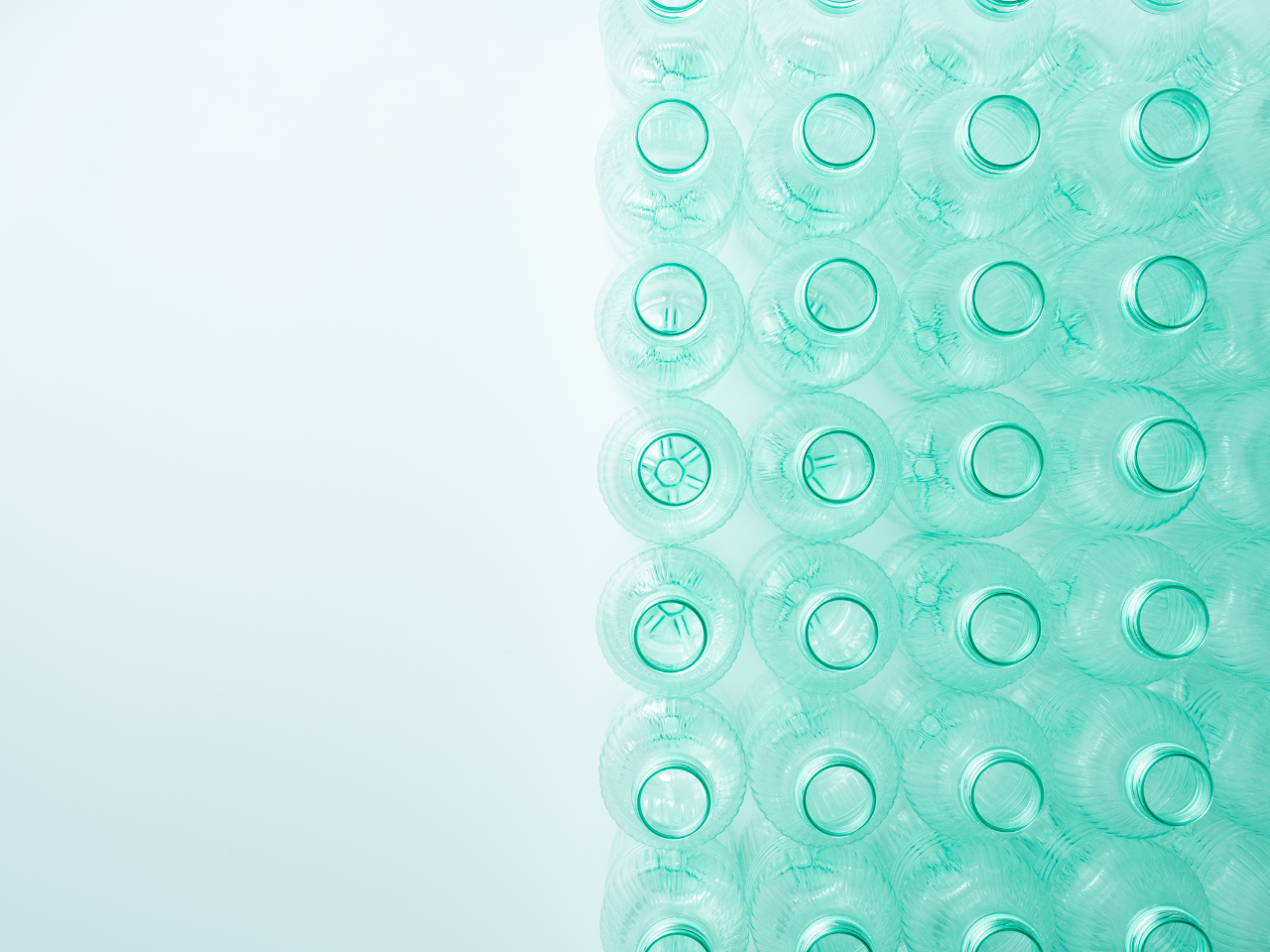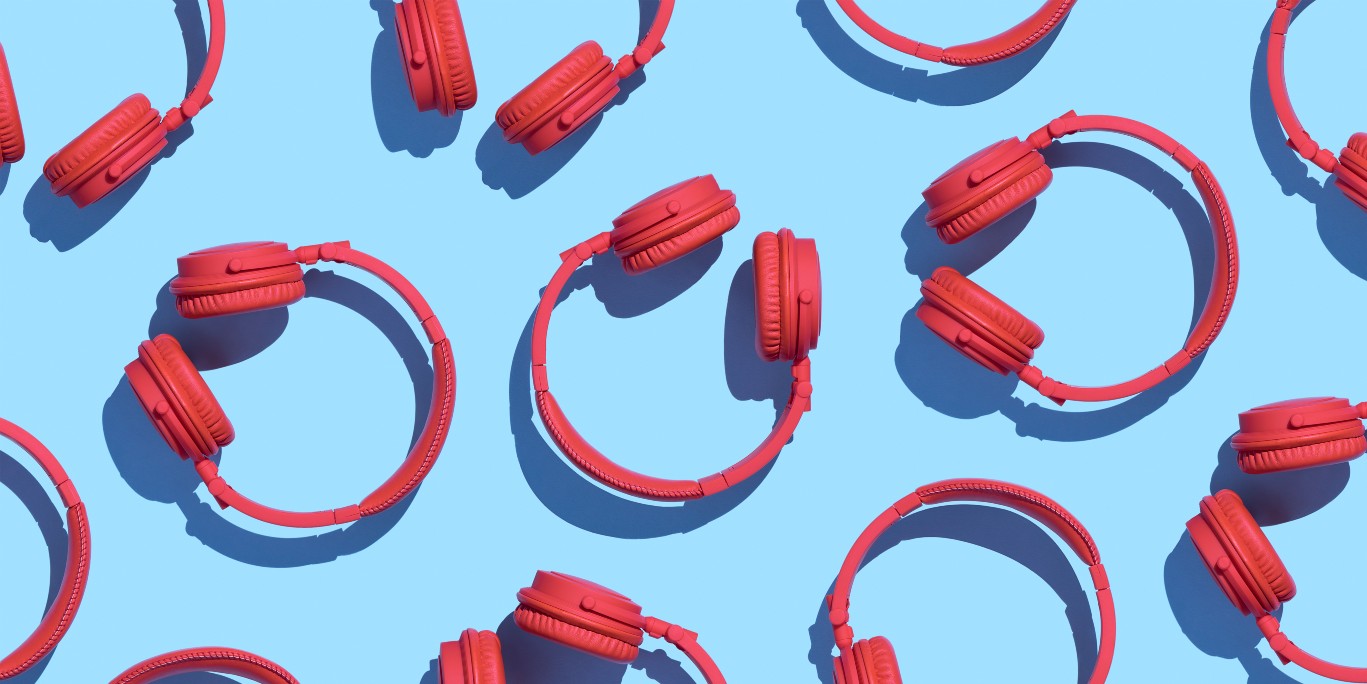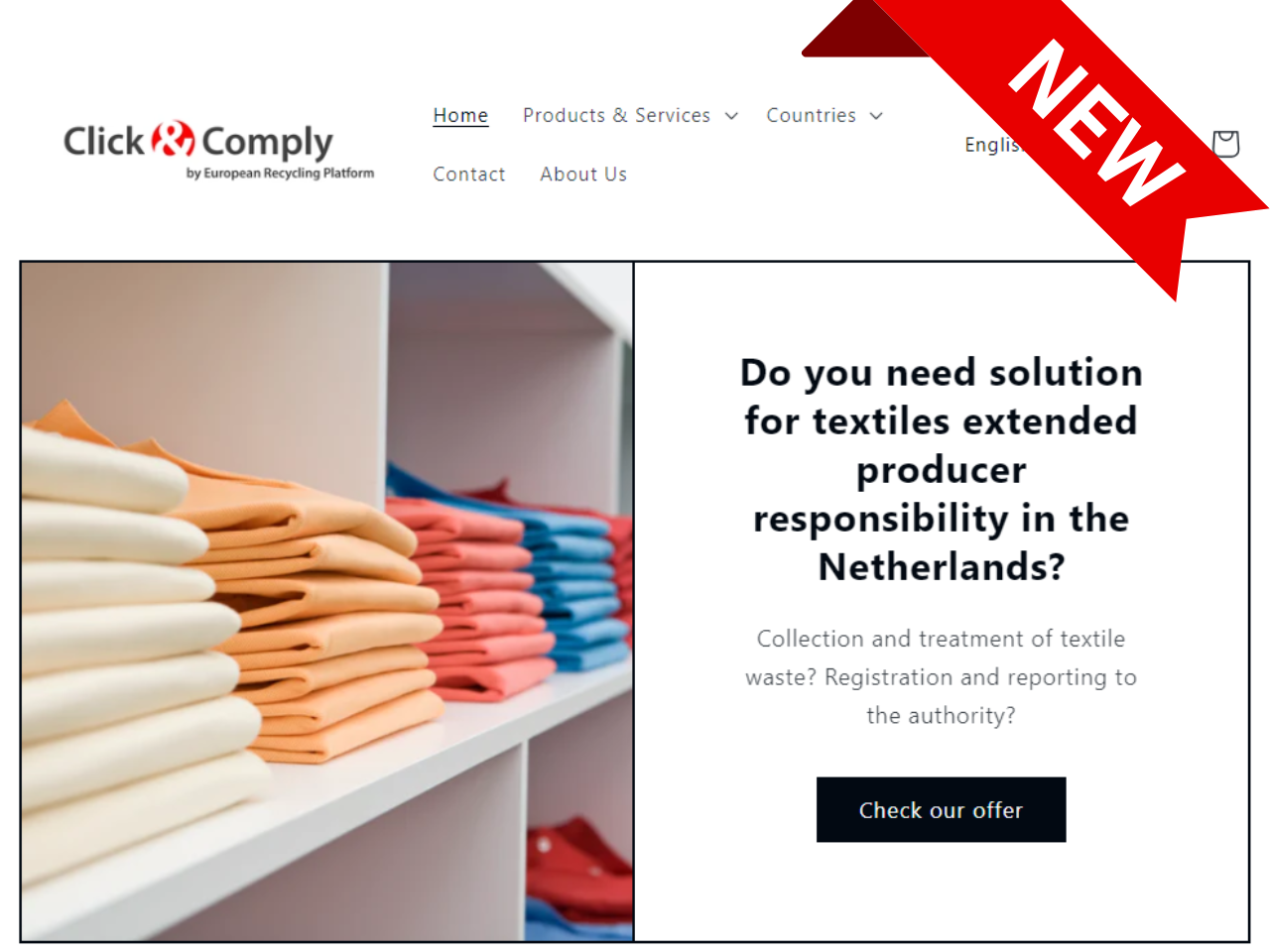What changes could have the biggest impact? Read our selection for November 2023:
End-of-life vehicles: proposal includes EPR
Green transition: agreement to empower consumers
Small WEEE return rates: policy recommendations
Single-use plastic: ban in England
End-of-life vehicles: proposal includes EPR
In July, the European Commission proposed a Regulation covering circularity requirements for vehicle design and the management of end-of-life vehicles. The Regulation aims to increase reusability, recyclability, recoverability, and the use of recycled content.
The proposal also establishes extended producer responsibility (EPR) for car manufacturers, which obliges them to cover the costs of collection, awareness raising, data gathering and reporting, and the end-of-life treatment of vehicles. Producers can fulfill these EPR obligations either individually or through a producer responsibility organisation.
Due to the changing nature of the mobility sector, which now has low-emission vehicles with light-weight materials, batteries, and electronic components, the European Commission highlighted a lack of circularity in design and production.
Insufficient separation of materials and use of recyclates, which lead to a high dependency on imported raw materials, will be tackled by the proposal.
The proposal sets minimum reusability, recyclability and recoverability rates. For example, 25% of the plastic used in new vehicles must be recycled. Minimum targets for recycled content of other materials such as steel will be established through implementing acts after the regulation enters into force.
Furthermore, car manufacturers are obliged to give detailed instructions on how to replace and remove parts and components. Like the new EU Battery Regulation, vehicles will also be required to have a vehicle circularity passport.
Following the Commission’s proposal, the Council and Parliament are now tasked with developing a negotiating position before entering trilogue negotiations.
Green transition: agreement to empower consumers
On 19 September, a provisional political agreement was reached between the European Council and Parliament concerning the directive on empowering consumers for the green transition.
In specific, the proposal will address misleading “greenwashing” or false claims about products. To do so, the credibility of sustainability labels will be strengthened, and overall transparency increased.
Furthermore, the parties agreed on introducing a harmonised label providing information on the commercial guarantee of durability offered by producers, which will also reference the legal guarantee of conformity.
This proposal is part of a group of initiatives – including the ecodesign regulation, the directive proposals on green claims, and the right to repair – which are all integral components of the 2020 Circular Economy Action Plan and the 2020 New Consumer Agenda.
Both institutions will now need to endorse and formally adopt the provisional agreement. Parliament is expected to vote on the agreement in November.
Following adoption, Member States will have a 24-month transposition period to adapt to changes in the legislation.
Small WEEE return rates: policy recommendations
Waste electrical and electronic equipment (WEEE) is still one of the EU’s fastest-growing waste streams. Among these items, small devices have the lowest reuse/recycling collection rates. For instance, it is estimated that 700 million unused and waste mobile phones are stored in households across the EU.
The European Commission has recently published a recommendation serving as a policy guide to assist Member States in enhancing the reusability and recycling rates of small electronic devices, including phones, tablets, and laptops.
The recommendations are based on a 2022 study exploring different options for return schemes for such devices.
Some of the key recommendations include:
- Providing financial incentives such as discounts, vouchers, deposit-return systems, and monetary rewards for consumers who return their devices
- Enhancing the convenience and accessibility of collection points
- Implementing a certification scheme to ensure the safe handling of private data
- Encouraging postal and shipping services to participate in device collection
- Informing consumers about the benefits and necessity of returning their devices, and
- Mandating distributors to inform consumers about the option to return used or discarded small electronic devices
The Commission emphasises that this waste can have a valuable role in a circular economy: these devices contain a large variety of materials, including critical raw materials, which can be reused to produce new devices.
If this waste is managed more efficiently, the EU can reduce its dependence on imports for many of these materials and build resilient value chains.
Considering the importance of consumer awareness for successful collection and proper treatment of WEEE, Landbell Group company, European Recycling Platform is currently running a global awareness-raising campaign called “I’m not trash”.
The campaign highlights that electronics are valuable and must be recycled (see article here).
Single-use plastic: ban in England
In 2020, the UK government banned certain single-use plastic products such as straws and cotton buds. To further tackle the scourge of litter and protect the environment, a new ban for some of the most polluting single-use plastic items has now entered into force.
From 1 October 2023 in England, no business is allowed to supply, offer or sell:
- Single-use plastic plates, trays and bowls supplied to members of the public
- All single-use plastic cutlery and single-use balloon sticks, and
- Polystyrene cups and food containers for ready-to-consume food
There are some exemptions, depending on the type of item.
The ban in England follows similar restrictions in Scotland, Wales and Northern Ireland. The new rules will be enforced through local authorities carrying out inspections and non-compliance will lead to fines.
If you are a retailer, supplier and manufacturer of single-use plastic items, please contact Landbell Group company, ERP UK for the latest guidance and support.
Sign up for our monthly
report COMPASS here:
Your email
